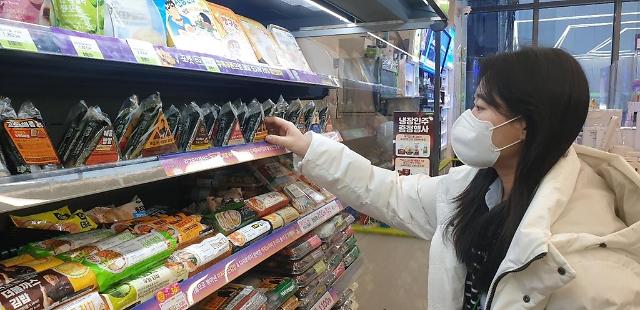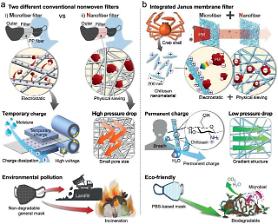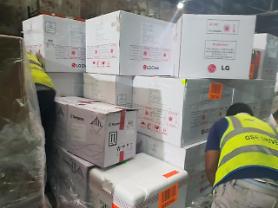
[Courtesy of BGF Retail]
South Korea imposed strong quarantine regulations on wearing facemasks to prevent the spread of the infectious disease when the first wave of a coronavirus pandemic hit the country in early 2020. Masks were compulsory except for private areas like homes. People were not allowed to eat or drink in public places like offices and train stations. Restaurants were regulated to close at 09:00 p.m. and more than four people dining at a restaurant table was prohibited.
The regulations on facemasks were partially lifted in September 2022 when the government allowed people to take off their masks in outdoor environments such as on the streets or in a park. South Korea finally lifted regulations on facemasks in indoor environments on January 30, 2023. Masks are no longer compulsory inside buildings except for hospitals, social welfare facilities with a high risk of infection, and public transports like subway trains and buses. However, there are still more people wearing masks than those who do not.
According to sales data released by BGF Retail, the operator of South Korea's largest convenience store franchise CU, sales of facemasks increased steadily at an average monthly increase rate of 18.2 percent between November 2022 and January 2023, but sales dropped immediately by 17.7 percent between January 30 and February 5, compared to the same period a month ago. Sales of rapid antigen test kits dropped 33.2 percent.
Meanwhile, sales of instant meal kits, also known as ready-to-eat meal packs, including Gimbaps, Korean-style rice balls wrapped in dried seaweed, hamburgers, sandwiches, and lunchboxes, increased by 18.8 percent. CU analyzed that more people chose to eat convenient meal kits because they are now able to consume food anywhere.
"Varied sales results of different products are being witnessed at convenience stores after regulations on indoor masks were lifted. We predict that sales of meal kits will steadily increase as people's lives are normalized," BGF Retail said in a statement on February 7.
Copyright ⓒ Aju Press All rights reserved.




